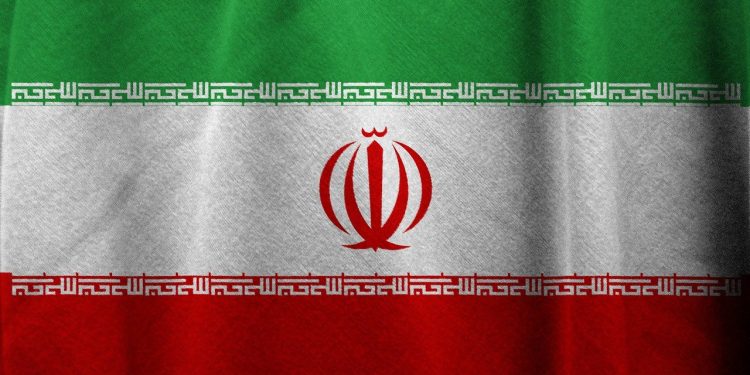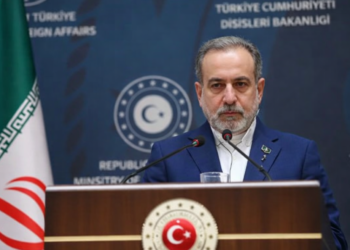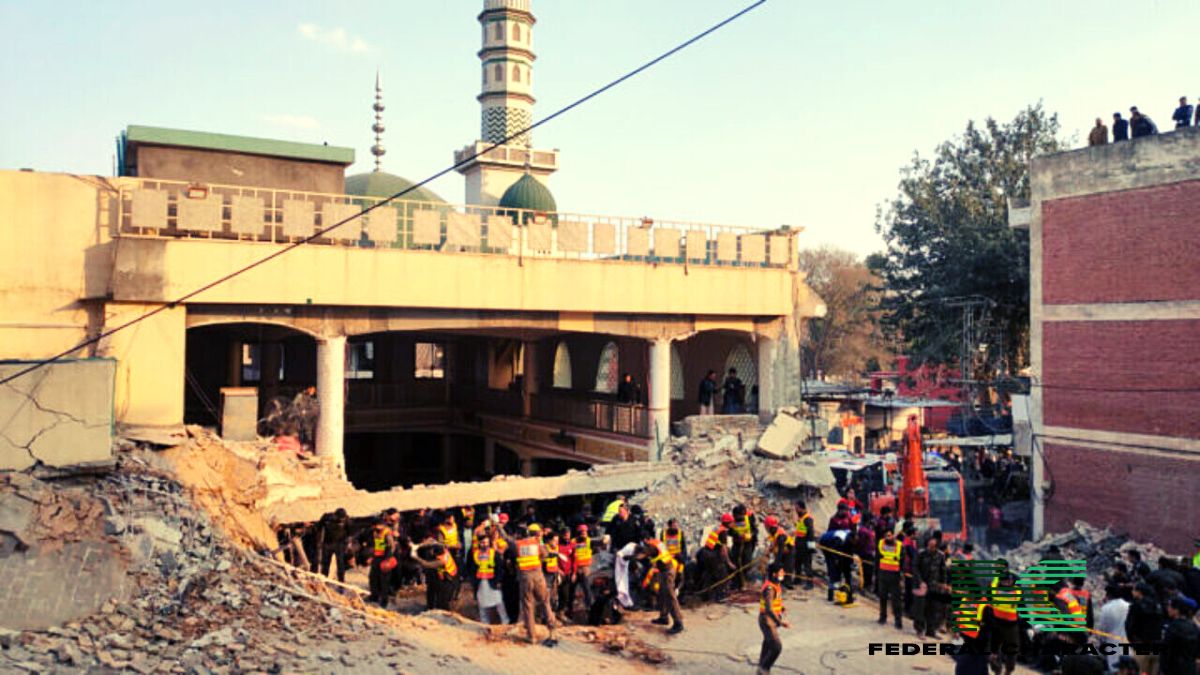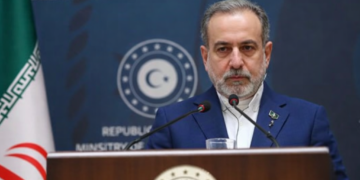A coalition of 14 Western nations, including the United States, United Kingdom, and France, has issued a stern condemnation of Iran’s intelligence services for orchestrating a surge in assassination attempts, kidnappings, and harassment operations targeting individuals across Europe and North America. In a joint statement released Thursday, the governments of Albania, Austria, Belgium, Canada, Czechia, Denmark, Finland, Germany, the Netherlands, Spain, and Sweden joined the rebuke, demanding Tehran immediately cease these “illegal activities” that violate international sovereignty.
The alliance warned that Iranian operatives are increasingly collaborating with international criminal networks to pursue dissidents, journalists, and former officials perceived as threats to the regime. British authorities revealed they have foiled over 20 Iran-linked kidnap/kill plots since 2022, including operations against British nationals.
The condemnation follows the March 2025 measures by the UK government requiring Iran to register all political influence activities—a response to what London calls “increasingly aggressive behavior” by Tehran’s intelligence apparatus . This builds on October 2024 reports documenting Iran’s transnational assassination campaigns, including operations on US and European soil.

This diplomatic clash is occurring amid heightened tensions following June 2025 Israeli strikes on Iran’s nuclear facilities, which killed senior officials and scientists. Analysts suggest Tehran may be escalating extraterritorial operations to project strength after military setbacks. Notably, the coalition’s statement avoids linking the intelligence threats to ongoing US-Iran nuclear negotiations, though it underscores growing Western unity against Iranian destabilization efforts.
Why It Matters
With Iranian intelligence allegedly exploiting EU and North American soil for covert operations, the 14-nation alliance emphasizes “commitment to preventing attacks” through enhanced counterintelligence cooperation. The statement serves both as a warning to Tehran and reassurance to vulnerable communities, especially exiled dissidents and Jewish groups amid what experts describe as Iran’s most aggressive global intimidation campaign in decades.

















